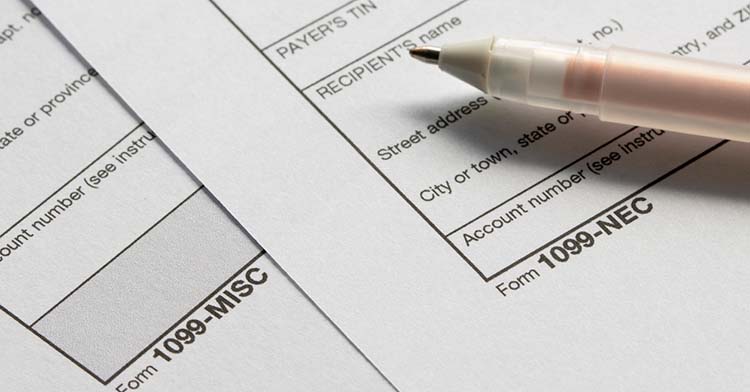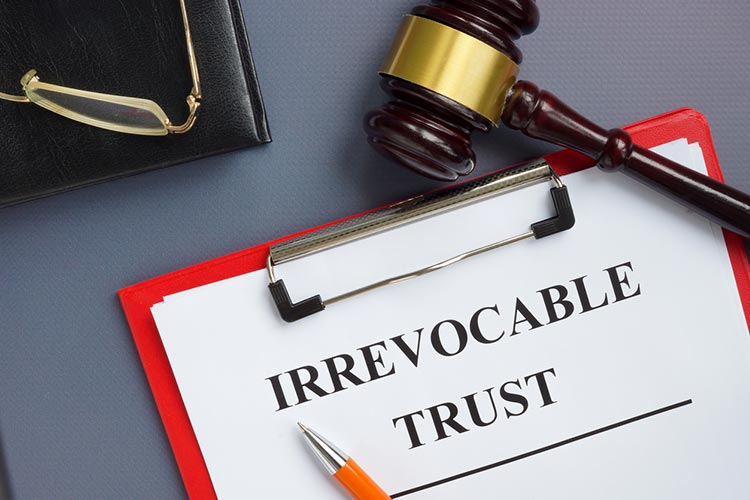Does a Transfer on Death (TOD) Override a Will?

One of the traditional means of distributing assets at the time of death is through a will, sometimes called the last testament. Wills are legal documents that codify the intended allocation of a person’s assets following their death, and they are a vital part of estate planning. However, if you don't have a will, you abdicate control over who gets what, and few people are willing to cede that authority to the probate courts.
How to Write a Letter of Instruction for Heirs

Protecting your financial legacy and ensuring the monetary and physical assets you’ve amassed are properly transferred to the beneficiaries of your choosing is a cornerstone of estate planning.
Do You Have to Pay Taxes on a Trust Inheritance?

Estate planning is crucial to ensure the capital and assets you’ve spent your career amassing remain with the beneficiaries of your choosing.
Can a Beneficiary Decline an Inheritance?

For many, receiving an inheritance is a life-changing financial windfall that provides the ability to pay off debt, upgrade into a larger home, invest in new business opportunities, or put money into your child’s college fund.
How Do I File a Late 1099-MISC Form?

Businesses document compensation paid to non-payroll employees and vendors using various 1099 forms. Gig workers, freelancers, and independent contractors receive a 1099-MISC, typically sometime in mid to late January, if they’ve earned more than $600 in compensation in a financial year.
What Is Fair Market Value and How Is it Calculated?

When you become a real estate investor (or any kind of asset investor, for that matter), understanding calculations, data and information allow you to understand asset performance. This is especially important when it comes to buying and selling those assets.
What Is a Healthcare Power of Attorney? (HCPA)

People use the term “power of attorney” for various purposes, including financial matters and even legal issues. However, the specific power delegated is more often about agency than legal matters. The American Bar Association defines power of attorney as giving “one or more persons the authority to act on your behalf as your agent.”
What Is Form 8996 and What Is It Used For?

Beginning in the 2019 tax year, a new form was introduced by the IRS that was designed to evaluate and track the performance of Qualified Opportunity Funds (QOFs), which were created in 2017 as part of the Tax Cuts and Jobs Act.
What Is an Irrevocable Living Trust and How Does It Work?

Oliver Wendell Holmes, legal scholar and Associate Justice of the United States Supreme Court, advised that men should “Put not your trust in money, but put your money in trust.”1 That may still be good advice for individuals seeking effective management of funds both presently and in the future.
Are REITs a Safe Investment for Retirement?

Investing for retirement is a vital topic for many people since they may be seeking to accumulate wealth or grow income in advance of their future retirement plans. However, since greater rewards typically involve accepting higher risks, investors must calculate their risk appetite and tolerance, which change over time.


